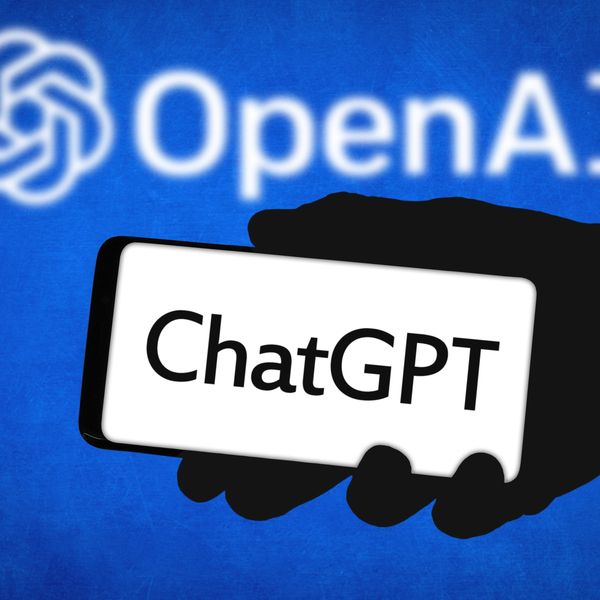Merger News Edition: Sprint Sprints Forward With Virgin Mobile Buy
The number of players in the mobile communications industry will soon be a bit smaller. This week, Federal antitrust authorities gave Sprint Nextel Corp. a green light to purchase Virgin Mobile USA Inc. The sum has been disclosed to be around $483 million dollars, and the plan is expected close later this year, or possibly early in 2010.
The Federal Trade Commission announced the decision on Monday and now it is awaiting the approval of Virgin Mobile shareholders, as well as the Federal Communications Commission and the Securities and Exchange Commission. None of this should likely add any hurdles as Sprint moves towards the finishing line to complete this deal. Virgin Mobile was actually founded in 2002 as a joint venture between the U.K. based Virgin Group Ltd., and Sprint. At that point each company had invested about $150 million, and in 2007 Virgin Mobile went public - with Sprint and Virgin Group as investors.
So at this point Sprint is really just looking to keep this in the family. Already, the carrier provides the network backbone to Virgin Mobile's service. And more importantly, the carrier is looking to expand its presence in the important pre-paid mobile phone business. Earlier this year the carrier acquired Boost Mobile, and its 1.5 million customers.
Given that Sprint is trailing Verizon Wireless and AT&T in the United States, and lacks any must-have mobile handset besides the Palm Pre, the carrier is looking to reinvent itself. While the Pre was a big seller, it still pales in sales compared to the Apple iPhone, which is an AT&T exclusive until next year when Verizon will release the popular handset.
The remaining question is what this means for the carrier. Will it try to completely refocus its business on the prepaid market and on lower cost feature phones, especially given that the business market seems dominated by RIM's BlackBerry, with the iPhone and various Google Android handsets beginning to take over that space? Time will tell.
RIM Gets Passed the Torch
And speaking of Research in Motion, this week it was announced that the company has acquired Torch Mobile, a WebKit developer. Terms of the deal were not disclosed. The main product of Torch is its Iris browser, which debuted in February 2008 and was updated earlier this year at the Mobile World Congress in Barcelona. It is believed that RIM would look to integrate this mobile browser on the BlackBerry platform.
The browser developer's other products include an Iris-based Web widget platform, an RSS reader and enterprise-level software products. It seems that with Google getting into the Web arena with a full-fledged operating system, which could be seen as serious competition for RIM's BlackBerry line, it only makes sense that the smartphone maker is looking to branch out with its own browser.
This isn't the only area where RIM has expanded in recent months. Earlier this year the company also acquired Dash Navigation, which brought RIM its own in-house GPS mapping solution.
The WebKit browsing experience is considered by some to be faster and more robust than that currently offered on BlackBerry smartphones; and it is also an open source type of software. To date, several of RIM's main competitors also use WebKit to power their respective browsers. These include the iPhone, the Palm Pre and Sybmbian S60 smartphone phones, as well as Android-based devices. Clearly this is RIM's way of playing catch up in a space that was considered a weak link.
For the last month rumors have circulated that RIM devices could be on par with the iPhone's browser by next summer, and the Boy Genius Report claimed that the company would possibly integrate Flash and Silverlight support into future versions of the BlackBerry browser. So it looks like it wasn't just a rumor, but next summer is still a long ways off.



